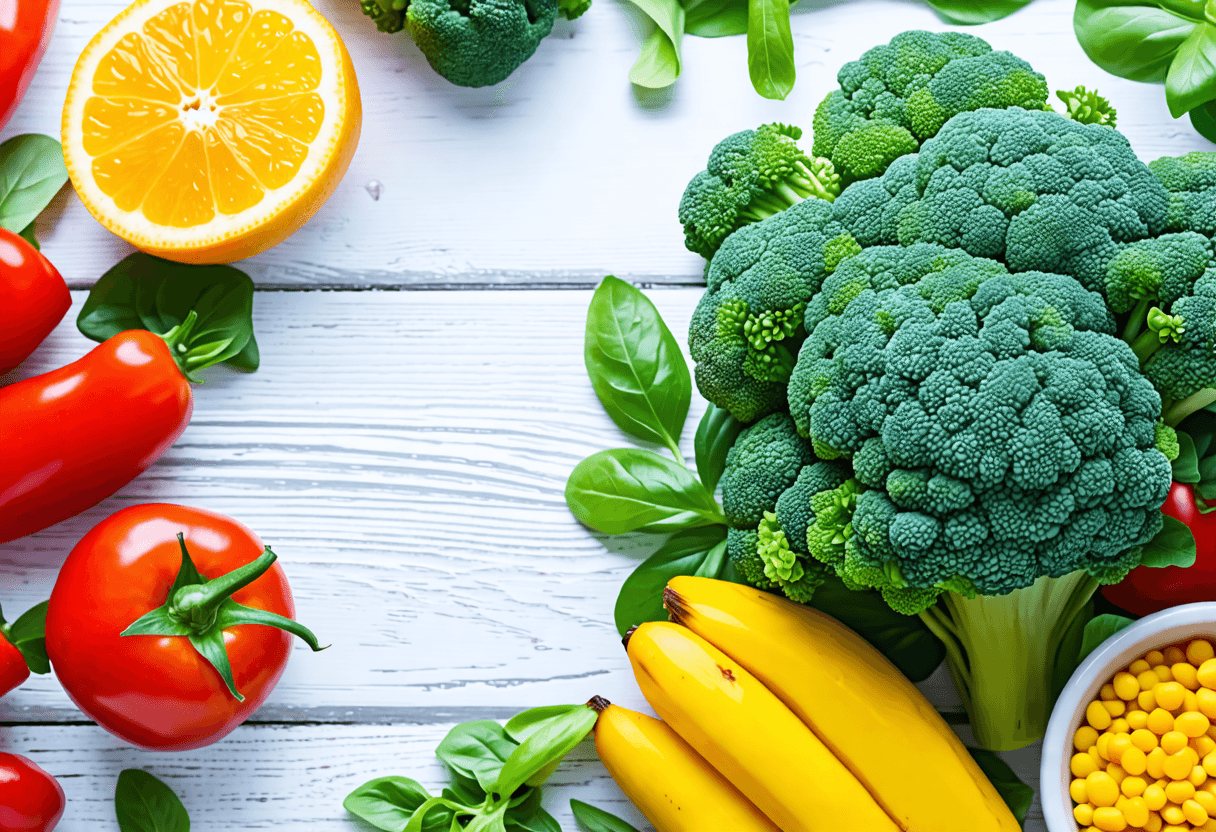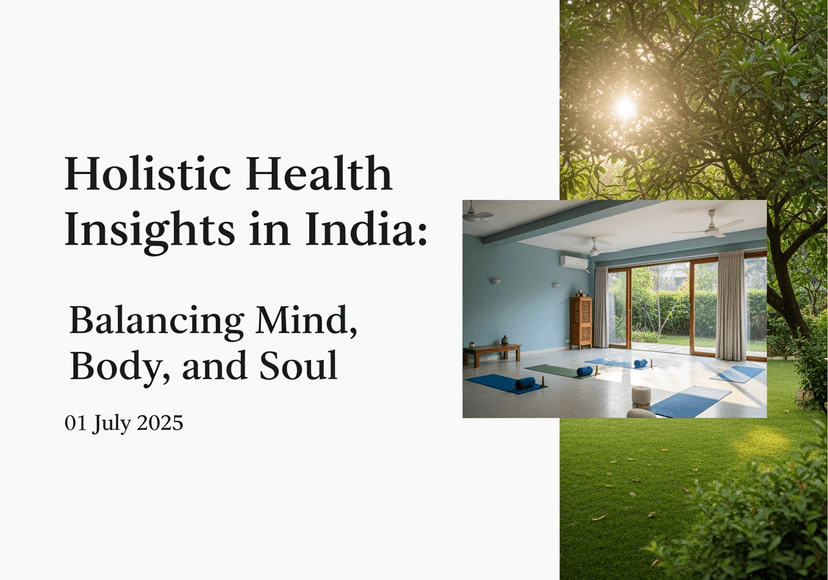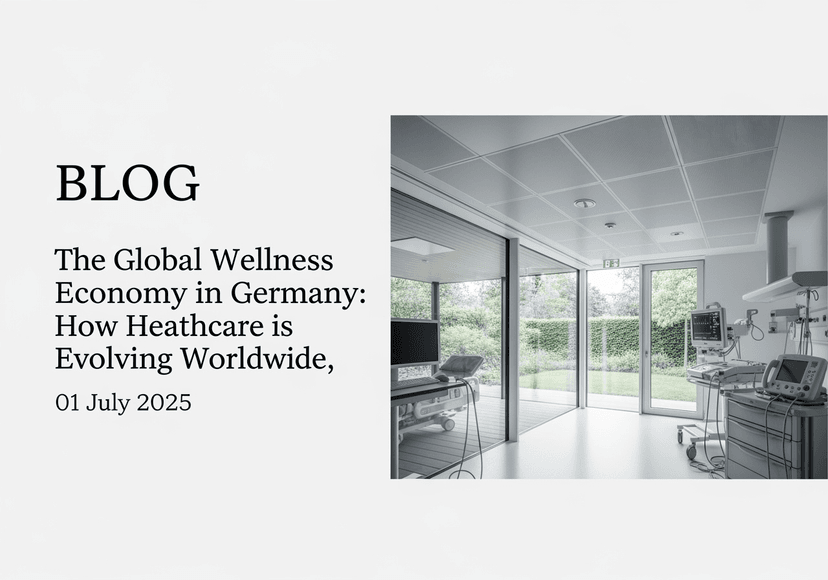
The Role of Nutrition in Cancer Prevention
11 Oct, 2024
 Healthtrip
HealthtripNutrition plays a vital role in cancer prevention, and it's a topic that's often overlooked in the grand scheme of cancer research and treatment. While there's no magic pill or single food that can guarantee cancer prevention, a well-balanced diet rich in whole foods, fruits, and vegetables can significantly reduce the risk of developing certain types of cancer. In this blog, we'll delve into the world of nutrition and cancer prevention, exploring the latest research, debunking common myths, and providing actionable tips for incorporating cancer-fighting foods into your daily diet.
The Link Between Nutrition and Cancer
Cancer is a complex disease, and its causes are multifaceted. However, research has consistently shown that a significant proportion of cancer cases can be attributed to lifestyle factors, including diet. A diet high in processed foods, sugar, and unhealthy fats can increase the risk of cancer, while a diet rich in whole foods, fruits, and vegetables can help prevent it. The World Health Organization estimates that up to 30% of cancer cases could be prevented by modifying diet and lifestyle factors.
Most popular procedures in India
The Role of Antioxidants
Antioxidants are powerful compounds found in fruits, vegetables, and other whole foods that help protect cells from damage caused by free radicals. Free radicals are unstable molecules that can damage cell DNA, leading to mutations and potentially cancer. Antioxidants, such as vitamins C and E, beta-carotene, and polyphenols, neutralize free radicals, reducing the risk of cell damage and cancer. Foods rich in antioxidants, such as berries, leafy greens, and other fruits and vegetables, should be a staple in any cancer-preventing diet.
Wellness Treatments
Give yourself the time to relax
Lowest Prices Guaranteed!

Lowest Prices Guaranteed!
Cancer-Fighting Foods
Certain foods have been shown to have a profound impact on cancer prevention, and incorporating them into your diet can be a powerful tool in the fight against cancer. These foods include:
Cruciferous Vegetables
Cruciferous vegetables, such as broccoli, cauliflower, and kale, contain compounds that have been shown to inhibit the growth of cancer cells and induce apoptosis (cell death). These vegetables are rich in vitamins, minerals, and antioxidants, making them a nutritious addition to any meal.
Fatty Fish
Fatty fish, such as salmon and sardines, are rich in omega-3 fatty acids, which have anti-inflammatory properties and have been shown to reduce the risk of certain types of cancer. Omega-3s also support heart health, making them a nutritious addition to any diet.
Green Tea
Green tea is rich in catechins, antioxidants that have been shown to inhibit the growth of cancer cells and induce apoptosis. Green tea has been shown to reduce the risk of certain types of cancer, including breast, prostate, and colon cancer.
Debunking Common Myths
There are many myths surrounding nutrition and cancer prevention, and it's essential to separate fact from fiction. One common myth is that sugar causes cancer. While sugar does feed cancer cells, there is no conclusive evidence to suggest that sugar causes cancer. Another myth is that a single food or nutrient can prevent cancer. While certain foods have been shown to have anti-cancer properties, a well-balanced diet that includes a variety of whole foods is the best way to reduce the risk of cancer.
The Importance of a Balanced Diet
A balanced diet that includes a variety of whole foods, fruits, and vegetables is essential for cancer prevention. A diet that is high in processed foods, sugar, and unhealthy fats can increase the risk of cancer, while a diet rich in whole foods can help prevent it. It's essential to focus on overall dietary patterns rather than relying on a single food or nutrient for cancer prevention.
Putting it All Together
Incorporating cancer-fighting foods into your diet can seem overwhelming, but it doesn't have to be. Start by making small changes to your diet, such as adding a serving of fruits or vegetables to each meal. Experiment with new recipes and cooking methods to keep your diet interesting and varied. Remember, cancer prevention is a long-term process, and every small change you make can add up to make a big difference in the long run.
By understanding the role of nutrition in cancer prevention, we can take control of our health and make informed choices that can help reduce the risk of cancer. Remember, a well-balanced diet rich in whole foods, fruits, and vegetables is the best way to prevent cancer, and every small change you make can add up to make a big difference in the long run.
Related Blogs

The Future of Wellness in Malaysia: Breakthrough Trends You Need to Know, 01 July 2025
Get the latest news and trends in health and wellness,

Holistic Health Insights in India: Balancing Mind, Body, and Soul, 01 July 2025
Get the latest news and trends in health and wellness,

New Trends in Wellness & Healthcare in United Kingdom: How Healthtrip Partners Can Stay Ahead, 01 July 2025
Get the latest news and trends in health and wellness,

The Future of Wellness in Singapore: Breakthrough Trends You Need to Know, 01 July 2025
Get the latest news and trends in health and wellness,

The Global Wellness Economy in Germany: How Healthcare is Evolving Worldwide, 01 July 2025
Get the latest news and trends in health and wellness,

Healthtrip Global Care Update: Your Daily Dose of Medical & Wellness Insights, 01 July 2025
Get the latest news and trends in health and wellness,










